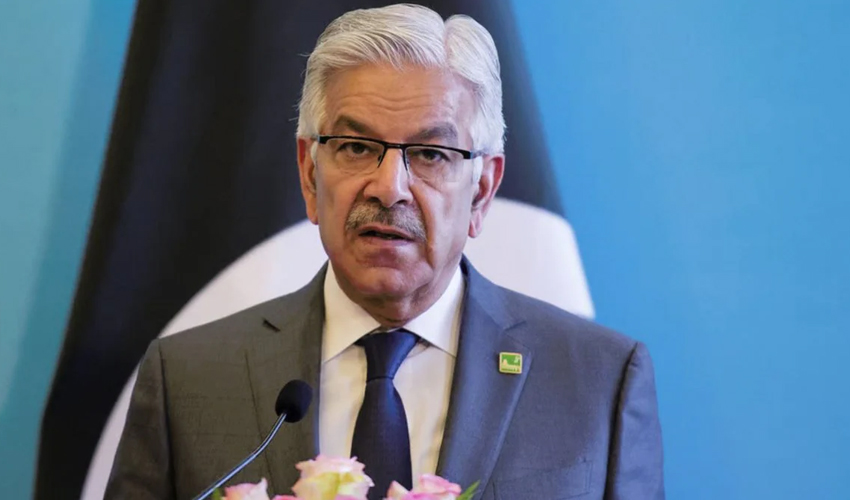Defence Minister Khawaja Asif has issued a stern warning, indicating that individuals leaking confidential documents or information will face legal repercussions under the Official Secrets Act.
Interestingly, the minister conveyed this message via X (previously Twitter), a platform currently inaccessible in the country, highlighting the ongoing defiance of government directives by cabinet members.
In his statement, Asif emphasised that action will be taken against those responsible for disseminating information from official sources or sharing documents marked “Secret”. The federal government has expressed grave concern over the unauthorised disclosure of sensitive information, particularly on social media platforms, and is prepared to enforce the Official Secrets Act of 2023 to address such breaches.
Asif underscored the potential harm to Pakistan’s strategic and economic interests, as well as its diplomatic relations with friendly nations, posed by the dissemination of classified content.
The minister cautioned that not only individuals directly involved in leaking information will be held accountable, but also those indirectly implicated by sharing such material. He outlined the penalties for offenders, including imprisonment for up to two years and fines.
Despite concerns raised about the ambiguity surrounding the classification of “Secret” information within the bureaucracy, Asif denied any political motives behind the enforcement of security laws, emphasising their equitable application.
The minister’s announcement has triggered criticism from activists, with Nasir Zaidi, former president of the Pakistan Federal Union of Journalists, suggesting that the government’s actions reflect confusion and contribute to a hybrid governance system. Digital rights activist Haroon Baloch raised concerns about similar clauses in the Pakistan Electronic Crime Authority (Peca) Act of 2016, interpreting them as attempts to stifle information flow and investigative journalism, thereby reducing transparency.
Nighat Dad, executive director of the Digital Rights Foundation, proposed the enactment of a comprehensive data protection law instead of exerting control over digital platforms, emphasising the importance of safeguarding freedom of expression and media freedom.
